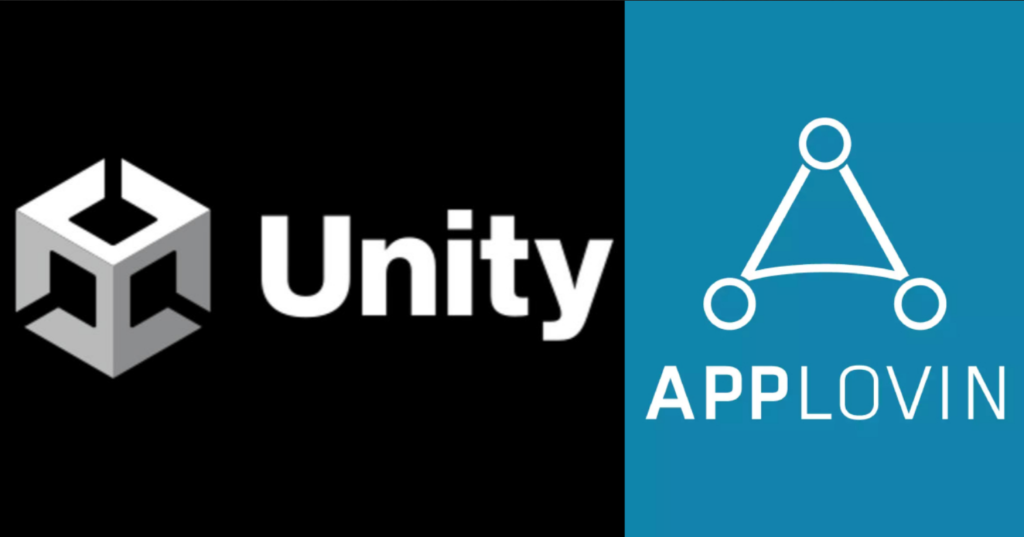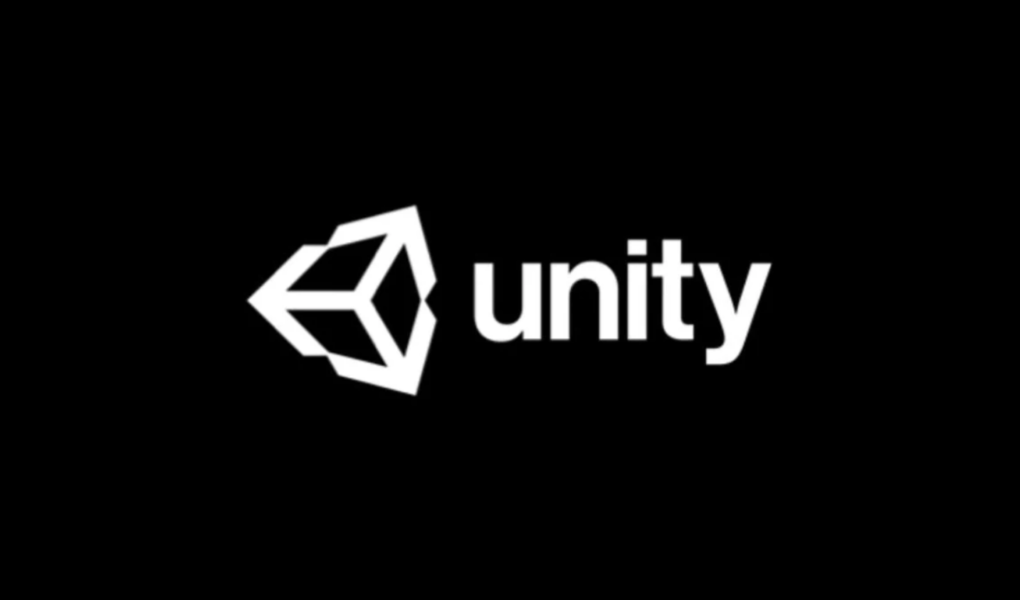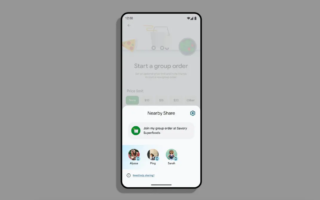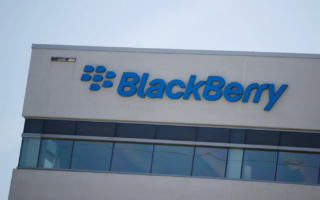On Tuesday, gaming software firm AppLovin extended an all-stock offer of $17.54 billion (approximately Rs. 1,39,600 crore) to acquire Unity Software, seeking to capitalize on the increasing demand for three-dimensional gaming. Both companies specialize in software used for designing video games, a field that has expanded into emerging technologies like the metaverse, encompassing immersive virtual worlds.
Unity’s software has played a pivotal role in creating highly popular games such as Call of Duty: Mobile and Pokémon Go, while AppLovin supports developers in the growth and monetization of their apps.

The total enterprise value of the proposed deal is $20 billion (roughly Rs. 1,59,200 crore). AppLovin is set to offer $58.85 (approximately Rs. 4,700) for each Unity share, representing an 18 percent premium over Unity’s closing price on Monday. Following the announcement, Unity’s shares saw a 7 percent increase, while AppLovin’s shares experienced a 14 percent decline before the opening bell.
According to the terms of the proposed acquisition, Unity will retain 55 percent of the combined company’s outstanding shares, accounting for about 49 percent of the voting rights.

Adam Foroughi, CEO of AppLovin, anticipates that the merged entity has the potential to generate an adjusted operating profit exceeding $3 billion (roughly Rs. 23,900 crore) by the end of 2024. He emphasized Unity’s role as a leading platform for translating creative ideas into real-time 3D content.
Recent reports indicated that Unity was exploring the spin-off of its China unit to expand its presence in one of the world’s largest video game markets.
AppLovin, headquartered in Palo Alto, California, and supported by KKR and Co, went public last year, capitalizing on the surge in video game demand during the COVID-19 pandemic. However, the offer comes at a time when game developers and console manufacturers caution about a potential slowdown in the sector, attributing it to decades-high inflation and the relaxation of COVID-19 restrictions, encouraging gamers to engage in outdoor activities.



